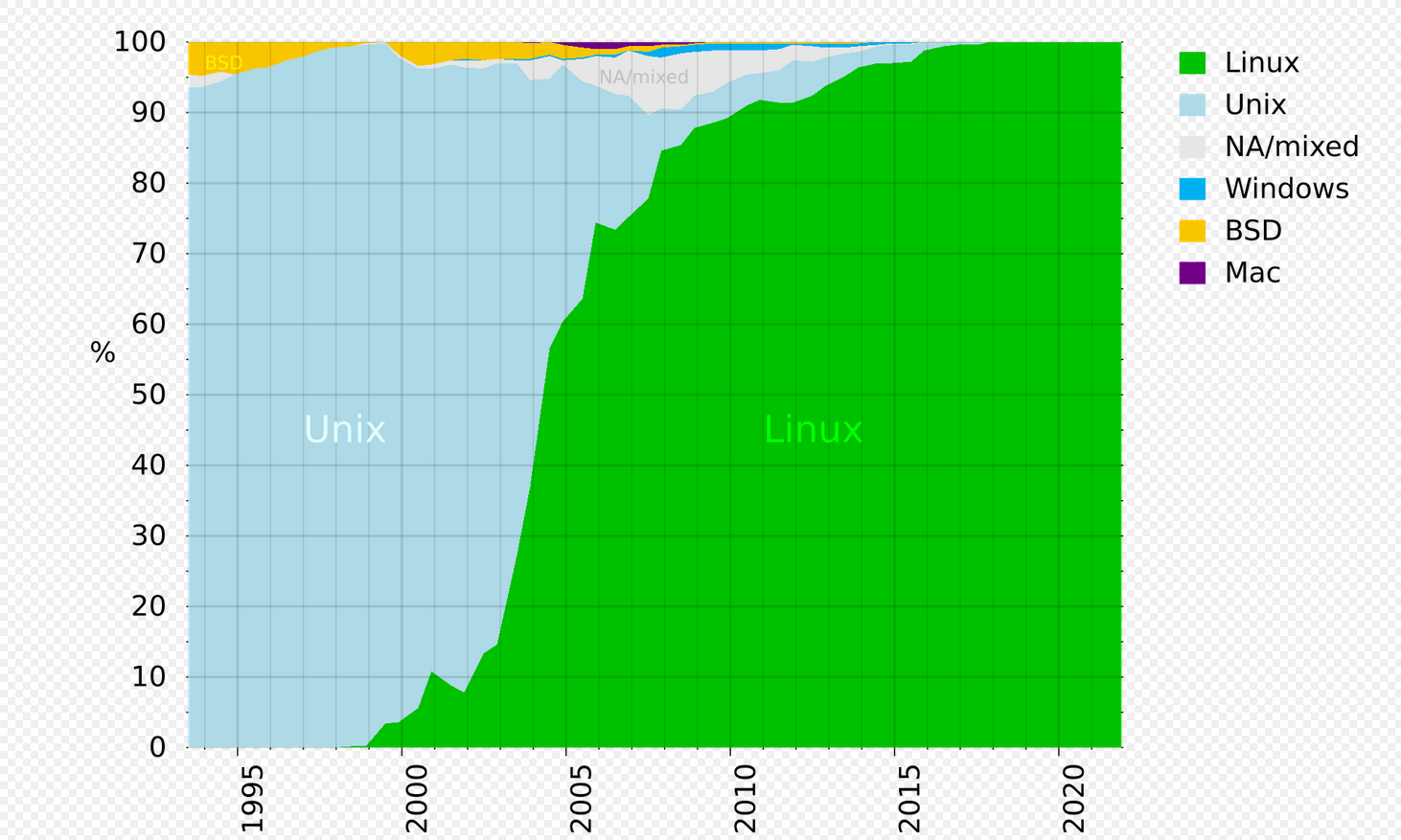this post was submitted on 15 Nov 2024
821 points (99.3% liked)
Linux
62811 readers
132 users here now
From Wikipedia, the free encyclopedia
Linux is a family of open source Unix-like operating systems based on the Linux kernel, an operating system kernel first released on September 17, 1991 by Linus Torvalds. Linux is typically packaged in a Linux distribution (or distro for short).
Distributions include the Linux kernel and supporting system software and libraries, many of which are provided by the GNU Project. Many Linux distributions use the word "Linux" in their name, but the Free Software Foundation uses the name GNU/Linux to emphasize the importance of GNU software, causing some controversy.
Rules
- Posts must be relevant to operating systems running the Linux kernel. GNU/Linux or otherwise.
- No misinformation
- No NSFW content
- No hate speech, bigotry, etc
Related Communities
Community icon by Alpár-Etele Méder, licensed under CC BY 3.0
founded 6 years ago
MODERATORS
you are viewing a single comment's thread
view the rest of the comments
view the rest of the comments

How can there be N/A though? How can any functional computer not have an operating system? Or is just reading the really big MHz number of the CPU count as it being a supercomputer?
Early computers didn't have operating systems.
You just plugged in a punch card or tape with the program you want to run and the computer executed those exact instructions and nothing else.
Those programs were specifically written for that exact hardware (not even for that model, but for that machine).
To boot up the computer, you had to put a number of switches into the correct position (0 or 1), to bring its registers in the correct state to accept programs.
So you were the BIOS and bootloader, and there was no need for an OS because the userspace programs told the CPU directly what bits to flip.
They ofcouse had one, probably linux, or unix. But that information, about the cluster, is not available.